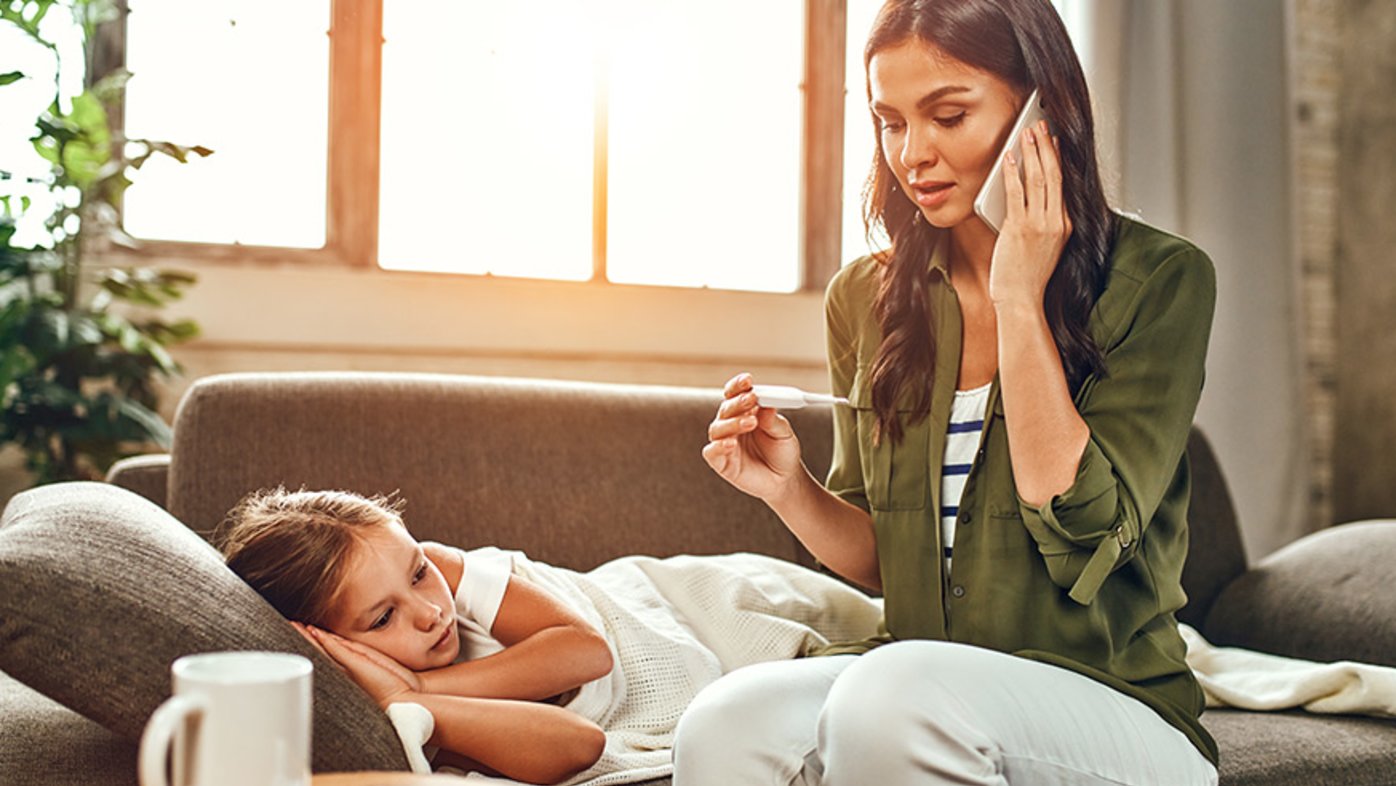
Hospitals brace for the possibility of a ‘quad-demic'
Health experts worry hospitals and clinics may become overwhelmed with cases of COVID-19, flu, RSV and norovirus.
Studies often reveal teens regularly turn to social media for distraction, entertainment and connection. However, a new study that included participants in the U.S. ages 11 to 17 found the bigger issue may be how often social media reaches out to teens to draw them in.
According to research performed by Common Sense Media, a leading source of entertainment and technology recommendations for families and schools, young people receive approximately 237 notifications from apps on their phones every day. This, researchers found, makes it very difficult for them to detach from their phones, no matter how often their parents, teachers and other adults plead or reprimand.
The notifications, Common Sense reports, are due to features in apps that incite engagement. These include encouragement of content creation, keeping users coming back for more; built-in tools that make it easier scroll from one post or video to the next; elements of time pressure, such as livestreams offered in a limited timeframe, urging immediate use; tallied interactions, such as likes or shares, that reinforce use; and algorithms that analyze a user’s behavior to affect what they see —and are likely to interact with — in their feeds.
Other findings in Common Sense’s report, “2023 Constant Companion: A Week in the Life of a Young Person’s Smartphone Use,” include:
Participants picked up their phones a median of 51 times per day, ranging from two times to a staggering 498 times per day. (The median is the middle number in a list of numbers that are put in order from least to most.)
During school hours — Monday through Friday, 8 am to 3 pm — 97% of participants used their phones for a median of 43 minutes, which were mostly spent on social media, gaming and YouTube.
Participants used their smartphones for a median of almost 4.5 hours a day. However, some used their phones over 16 hours a day.
TikTok was used by 50% of participants, for a median of 1 hour and 52 minutes per day.
Nearly 60% of participants used their phones on school nights during the hours of midnight to 5 am, with a median of about 20 minutes per night. However, some used their phone as much as 5 hours a night.
School phone-use policies often aren't enforced. During school hours, almost all of the participants used their phones at least once, for a median of 43 minutes.
The role parents play
All this time on smartphones, Common Sense researchers found, is dominated by apps that provide the most social interaction, entertaining videos and games. Additionally, these apps are designed to encourage prolonged use, so parents and other adults should not assume it’s young people’s lack of “willpower” that brings them to their phone time and time again.
It’s important to have regular discussions with young people about their phone use; what they’ve seen or read; who they are communicating with; how their smartphone use makes them feel; and what they have learned about themselves and others from their use.
The American Academy of Pediatrics also recommends you:
Find out what type of — and how often — apps are used.
Use sites like Common Sense Media to help you decide if apps are appropriate for your child.
Place consistent limits on the hours their smartphone can be used as well as the apps used.
Regularly check your child’s phone and apps to ensure they are using them safely and appropriately.
Don’t let your child sleep with devices.
Discourage use of entertainment and social apps while doing homework.
Set a good example and plan phone-free times together, such as family dinners and activities that promote well-being.
Decide on phone-free locations in your home, such as bedrooms.
Talk with your child about online citizenship and safety. This includes treating others with respect online; avoiding cyberbullying and sexting; being wary of online solicitations; and safeguarding privacy.
If you have concerns about your child's smartphone use, talk with their doctor. Together, you can discuss how to help them make healthy choices around smartphone use or determine if your child might need additional help to break an unhealthy habit.
Learn more about parenting; get the latest health and wellness news, trends and patient stories from Sharp Health News; and subscribe to our weekly newsletter by clicking the "Sign up" link below.
Our weekly email brings you the latest health tips, recipes and stories.